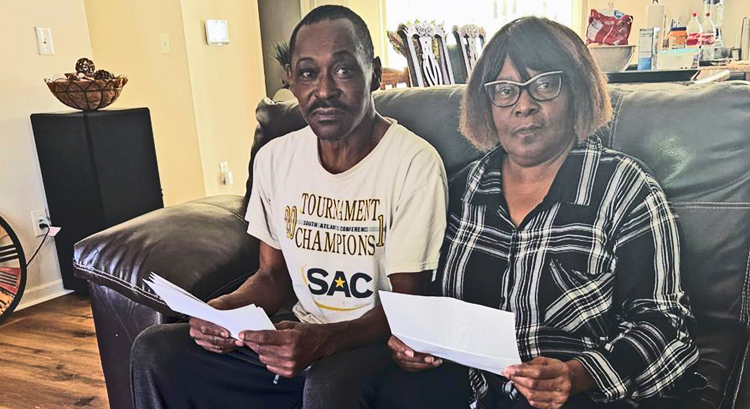Hospitals, especially in rural areas, are increasingly filing suit against patients for unpaid medical bills that run into the tens of billions of dollars. Some 15 million people in the U.S. owe money to area hospitals, an example of the deepening crisis of capitalism where health care is an industry to rake in profits, not to provide care for the millions who need it.
In Kansas, the Pratt Regional Medical Center last year sued 400 of the 9,000 people living in that rural county over their debts.
Cynthia Mehlhorn got a court summons for $5,619. “I was struggling just to get by day to day,” Mehlhorn told the Wall Street Journal. She filed for disability around 2019 and has narcolepsy and COPD, a back injury and has had kidney cancer. Mehlhorn agreed to pay $20 a month toward her bill, which has grown with imposition of over $2,300 in interest.
“More than 150 people in Pratt had wages ordered garnished in 2023,” the Journal reported, including by bosses at Walmart, the hospital and the school district. “Most were ordered to pay 12% interest after judgment.”
New technology that automates the preparation and filing of lawsuits enables hospitals and other bosses to file large volumes of cases. But for those being sued, in civil cases like these they don’t have the right to an attorney.
Not banking enough in profits, another group of hospital bosses in rural areas have been cancelling services or shutting down. Working people who live in these areas, mostly older and uninsured, find themselves having to travel farther and farther to get care.
Another sign of the social crisis facing the working class is the record number of opioid overdose deaths. In 2023, for the third straight year, over 100,000 people died from an overdose, the Centers for Disease Control and Prevention reported. Three-quarters of these deaths last year were linked to fentanyl, a powerful synthetic opioid.
In Canada, there’s a rising accumulation of unclaimed dead bodies. “The reason deceased individuals are going unclaimed by their families is about affordability,” Jeff Weafer, president of the Funeral Services Association of Canada, told Reuters. He said funerals now cost between 2,000 Canadian dollars ($1,450) and CA$12,000, and a gravesite in midtown Toronto goes for a whopping CA$34,000.


